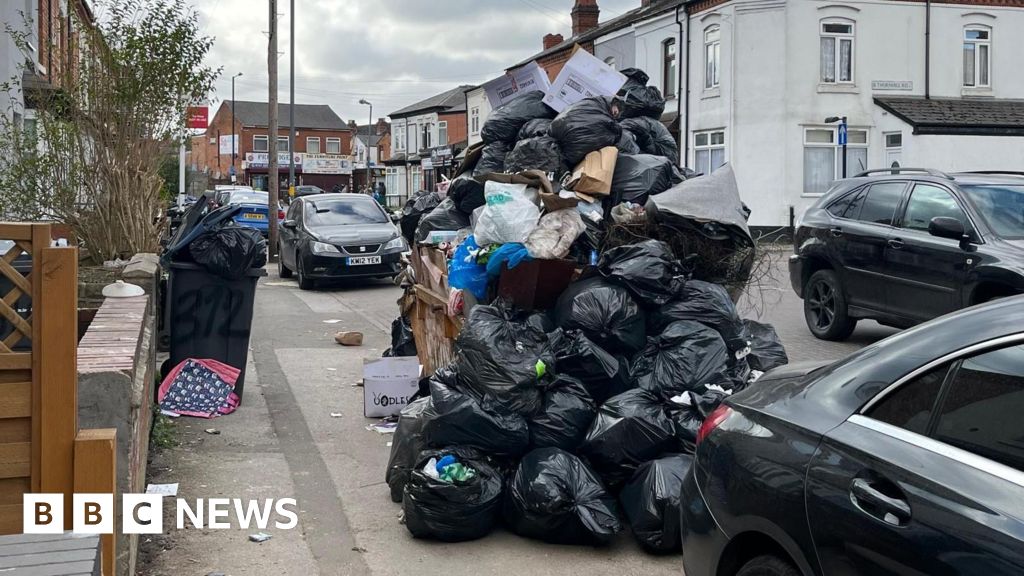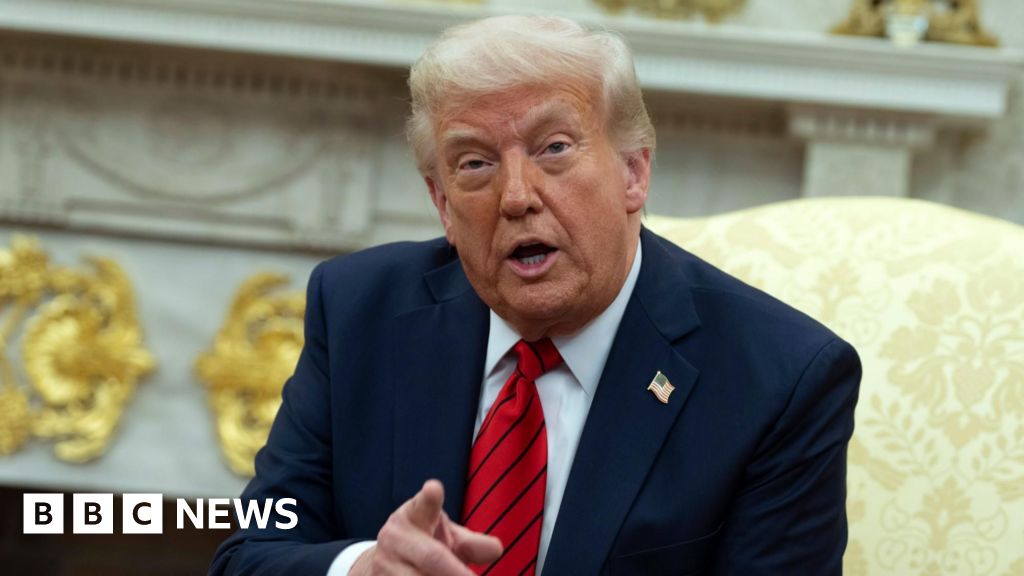Trump Administration Replaces Covid.gov with Controversial Lab Leak Theory

The Trump administration has made a significant shift in its approach to public information regarding the COVID-19 pandemic by replacing the well-known website Covid.gov. This site previously served as a vital resource for Americans, offering comprehensive information about free testing, available vaccines, treatment options, and critical insights into long-term effects of the virus, such as long COVID. In its place, the administration has unveiled a new online platform that primarily focuses on promoting the controversial 'lab leak' theory regarding the origins of the SARS-CoV-2 virus.
This new website includes pointed criticisms aimed at Dr. Anthony Fauci, who directed national COVID-19 policies during the administrations of both Donald Trump and Joe Biden. It also takes aim at the World Health Organization (WHO) as well as state leadership in New York, intensifying the existing political discourse surrounding the pandemic.
A senior administration official, quoted by Fox News, stated, 'This administration prioritizes transparency over all else,' suggesting that the move is part of a broader commitment to inform the American public. Despite this claim, many critics argue that the administrations actions contradict its stated mission of transparency. 'The American people deserve to know the truth about the COVID pandemic, and we will always find ways to reach communities with that message,' the official continued, reflecting a sentiment aimed at reinforcing the narrative they wish to promote.
The origins of the SARS-CoV-2 virus have been a topic of intense and ongoing debate since the onset of the pandemic, which began in Wuhan, China, in early 2020. At the core of this debate are two competing theories: one posits that the virus leaked from a laboratory that studied coronaviruses in Wuhan, while the other suggests that it emerged through a natural 'spillover' event from animals to humans at a market that sold a variety of wildlife, alongside fish and meat.
The Wuhan Institute of Virology has come under scrutiny not only for its research but also because it has received funding from the U.S. government through the National Institutes of Health (NIH). This connection has further fueled the controversy surrounding the lab leak theory. Interestingly, President Joe Biden has previously offered protection to Dr. Fauci, fearing backlash against him during the transition to the new Trump administration.
While definitive answers regarding the origins of the virus remain elusive, a study published in August 2024 in the Journal of Virology argues that, although scientists are open to various possibilities, the preponderance of evidence still supports the idea of a natural spillover event. Spillover events have historically been responsible for triggering other pandemics, such as the SARS outbreak in 2003 and the devastating 1918 influenza pandemic, which is believed to have originated from human-pig interactions in the U.S. Additionally, scientists are currently concerned about the potential for H5N1 transmission among birds and livestock in the U.S., given its capacity to infect humans.
On the other hand, the lab leak theory has garnered significant traction in conservative media and among right-leaning political figures. It has been used as a basis for Republican-led hearings aimed at scrutinizing the actions of public health officials, including calls for punitive measures against figures like Dr. Fauci and proposals to defund institutions like the NIH.
A notable argument presented on the new Trump administrations website criticizes the NIH for having 'deficient and unreliable' procedures for overseeing research that could pose serious risks to public health and national security. Furthermore, it alleges that NIH has created an environment that could foster evasion of federal record-keeping laws.
In a surprising twist, messenger RNA (mRNA) technology, which was instrumental in the rapid development of COVID-19 vaccines during the first Trump administration, has come under scrutiny from some of its initial critics who now hold significant positions within the new administration. These include the health secretary and long-time vaccine skeptic Robert F. Kennedy Jr., as well as Dr. Jay Bhattacharya, who has taken the helm at the NIH.


























